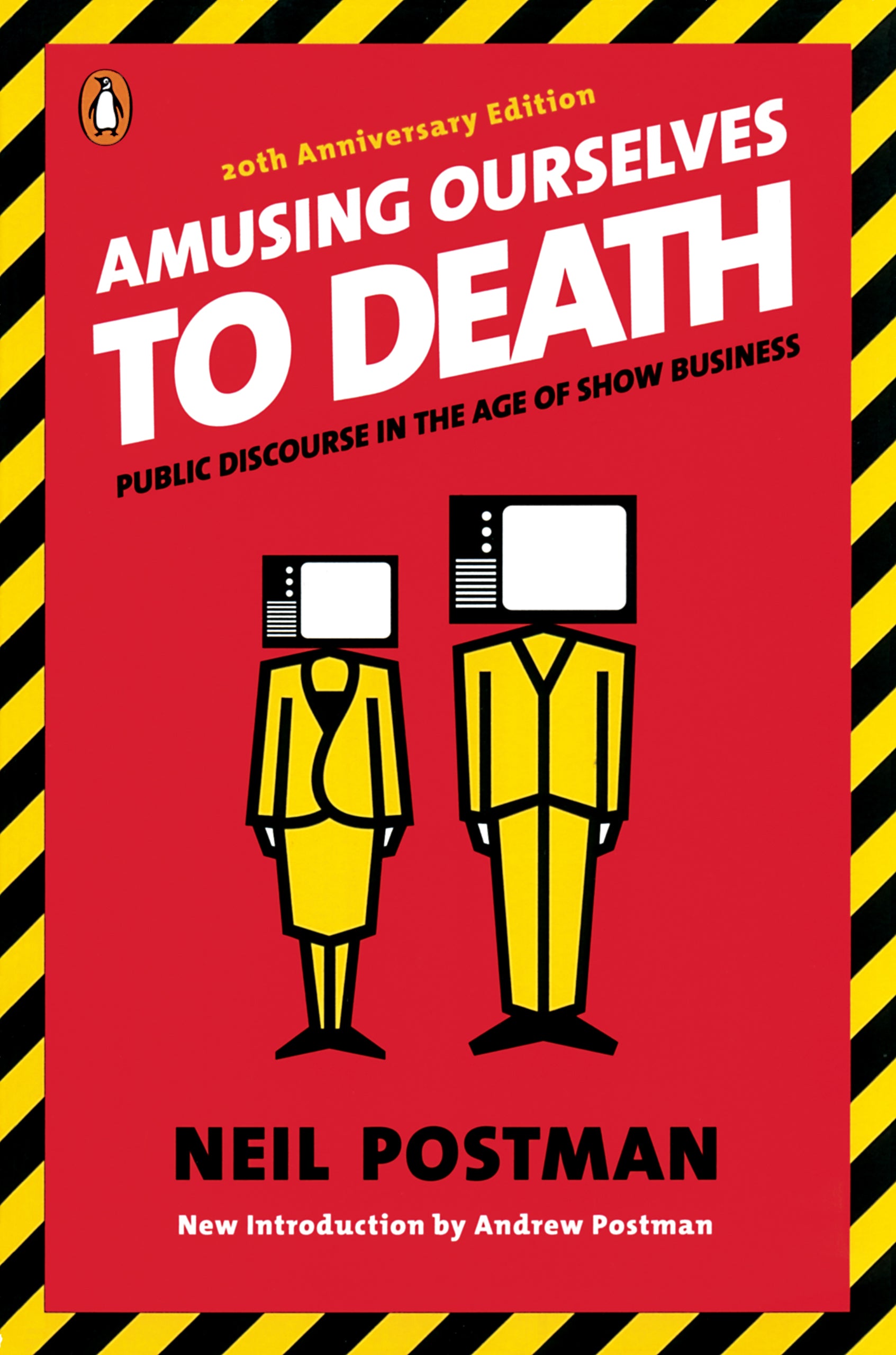Matthew Royal reviewed Amusing ourselves to death by Neil Postman
Review of 'Amusing ourselves to death' on 'Goodreads'
1 star
DeedThesis in chapter 2 is silly
Historical review of the written word in chapter 3 is interesting.
Discussion in chapter 4 of the "typographic" mind Is built on a sequence of "No true Scotsman"-style critical thinking errors and generalizing from exceptions. This chapter is destroying my trust in the author. He expresses the opinion that psychology and porosity all reasoning are opposed to each other.
Chapter 5 -- he makes up a lot of terms where perfectly good ones exist. E.g. Samuel Morse's " information grid. " it's a network, buddy; not a grid. No one calls it a grid. His arguments again decontexualized information does not support his thesis, as there has always been unactionable information. He complains that the world now lacks coherence and sense. This is a symptom of information overload. Perhaps the author is unable to cope with all the information availability and has lost his ability to support his worldview narrative. Redefined "myth" to mean "biases." Agree with him that people often accept what they see on TV without critical thought. However, I think that the so-called millennial generation is most critical of what they're shown on television and openly critique every aspect of it, including the medium's idioms and tropes.
Part 3.
Disagree completely with his statement that technology has an inherent bias. Particularly because right before he said that, he explained very carefully that the bias came from the social "medium" the technology creates, not the technology itself.
I don't disagree with him completely. His reasoning is seriously flawed and is coupled with a cocky attitude. In ending the book here on page 84 out of 163, and declaring this book a "recyclable good." (I intentionally left it in the seatback pocket of an airplane.)

